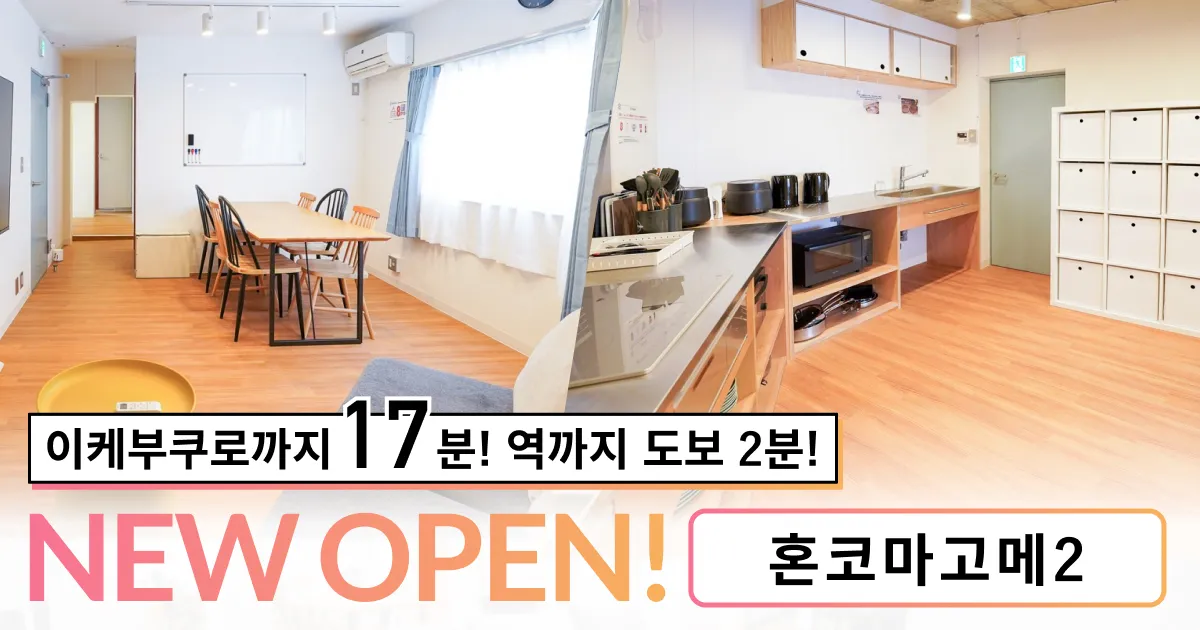NEWS&BLOG
보더리스 하우스의 최신 뉴스, 블로그 갱신정보
How Can You Find Work in Japan - Tips and Suggestions

Well, finding a new job at any place is always a dreadful experience. You are never sure of your qualifications and are always worried if you will fit the bill in the companies you have applied to. And if you are searching for a job in a new country altogether where you have not been born and bought up, this difficulty level shoots up many stories. It is so because, in a foreign place, you are not sure about the job market, you don’t know the rules and trends of being hired, and of course, no one could recommend you to some bigshot organization.
In such circumstances, it becomes exceedingly tough not to feel scared. Finding work in a country where all the rules you have been accustomed to being thrown straight out of the window is an overwhelming experience. Thus, today we will discuss some essential work tips that you may find useful in bagging a job. So, if you are ready for the lessons, shall we begin?
What are the requirements for working in Japan?

If you talk to people, especially those who belong to the educated class and come from over-populated or small countries, you will find that many of them have considered migrating to a new country at least once in their lives. The reasons could be numerous, like finding better work opportunities, the sake of a better lifestyle, exploring new places, etc. For such people, finding work before migrating to a new location or soon after making a move is of crucial importance to sustain themselves.
Thus, to help people who have either moved to Japan or are considering moving to Tokyo to secure a job, here are some critical details.
University Degree
Japan does not follow the same rules and regulations as the US or UK where immigration is concerned. Therefore, if you are considering moving to Japan shortly, then there are some specific immigration laws that you must be aware of. One such rule is that if you want to immigrate to Japan, then in order to get the regular work visa, you will need a University degree. Not the college, but the University degree getting which takes about four years in the US and three years in the UK. This is the law, and if you are serious about finding work in Tokyo, then you will have to adhere to this rule.
Move to Japan
After talking to the hiring managers who are recruited at good companies, we gained some useful insight. In our chat about foreign job seekers, we discovered that according to the hiring managers, foreign candidates who are already in Japan have more chances of finding employment in Tokyo as compared to foreigners who are living outside of the country. It is so because a failed overseas hiring proves very costly to a company. When an organization employs a foreigner from outside of Japan, they will need to assist the employee in getting to Japan, finding a residence here, training him, etc. And after all, if the candidate does not fit the profile, then all the time and money spent on him will go to waste.
Therefore, a more suitable option is to hire a foreigner who is already living in Japan. So, you can manage to find work in Tokyo by moving to Japan before you start looking for your dream job. You can initially sustain yourself by living in a sharehouse where you will be paying minimum rent and by getting hired as an English teacher. Then slowly and steadily, you can work towards finding a suitable job opportunity for you. If you are currently searching for jobs and career opportunities in Japan, feel free to check Jooble.
Use a resume photo

Before applying for a job at any place in Tokyo, you should make some effort to familiarize yourself with the application format that the job candidates must adhere to. For instance, you should know that in Japan, the work norm requires the job applicant to send his photo along with his cover letter. That is what the HRs are used to seeing. It helps them in putting together your personality and skillset with your face. It aids them in making a decision. Therefore, if you are likely to approach a company for work, make sure to include a professional-looking headshot of you in your application. Doing so will make it difficult for the hiring manager to ignore your CV.
Find an Internship
If you are not keen on working as an English teacher to sustain yourself in Japan for the initial months, you should probably find yourself an internship in Tokyo. Now some of you might be wondering how that would help. Well, the answer is that finding an internship will help you in building a network. In a foreign nation, where you have no one who knows you and can recommend you to an organization, gaining some experience and getting an opportunity to be mentored can be very useful.
However, you should know that in Japan, the paid internships are more or less paid by the interns. The basic idea is that in an internship, you get a chance to work with a company for about eight months in exchange for a place to stay and a learning experience. So, maybe think hard before making your choice.
Creating a network
Well, networking with the right people is the key to landing your first, second, third, and even the nth job in Japan. Knowing the right people can reduce your struggle, and it can help you attain your goals quite quickly. Now, one way of networking properly is to join a professional group in Tokyo. Living in a sharehouse where you will live with other native Japanese people can also help form friendships. You can maybe even participate in the after-work drinking culture in Japan. Going out to the bars with professional and industry groups will get you noticed and employed.
Prepare for the interview

It is needless to say that all the networking and degrees won’t land you a job in Tokyo unless you leave a positive impression in the interview. Therefore, preparing for the interview is essential. Now how can you do this? Well, you can ready yourself for the hour by learning about the basic customs of Japan as well as by polishing off your Japanese. You can also try to talk to some people who are already in jobs to know about the general questions that are asked by the interviewer. This will boost your confidence and increase your chances of being hired.
Now, living in a borderless house can help you in achieving this. By residing here, you will probably find yourself speaking in Japanese and learning Japanese customs. Your mates there can also help in preparing for the interview by sharing with you their interview experience.
Polishing your language
Unless you are finding a job in the IT sector where the number of IT languages you know would matter more, I suggest you become proficient in the Japanese language. Or else you may find it difficult to get employed. But how much fluent do you need to be in your Japanese if you want to be hired? Well, in order to satisfy the hiring managers, you can write the Japanese Language Proficiency Test (JLPT). All the companies in Tokyo use this standardized test to judge the language proficiency of a foreign candidate. You will need to pass level 2 of this test which comprises five levels where level 1 is considered the toughest.
Boards and cover letters

When applying for a job, most people go about applying everywhere because they feel that the more places they try, the better their chances of getting hired. But it is not valid. When applying for a position at a company, you must be clear about your goals. You should know if this is what you want, or else you are just going to make your resume and cover letter sound very generic, so it fits all, or you may even end up committing some silly mistake.
Secondly, while writing your cover letter, you should not go overboard with ‘me.’ Remember, it is not what you will get out of this job that will interest the hiring manager but what you will bring to the table that will grab his attention. So, instead of rolling with what your dreams and aspirations are about your job, write about your skills and work experience to give an impression that you are a good match.
If you're not fluent in Japanese and still learning it, you can have a native Japanese translator translate your cover letter. Japanese has four alphabets: Hiragana, Kanji, Romaji, and Katakana. So for those just starting to learn Japanese, it can be a struggle to write a coherent cover letter that will get the attention of your employers. You might consider working with a specialist in professional Japanese translation to ensure that the translated document will be accurate and your meaning conveyed properly, as it is easy for the context of a message to go "lost in translation." As mentioned, no one likes to read generic cover letters. You can write freely in your native language by translating your cover letter.
Conclusion
If you are in Tokyo looking for your dream job, then there are certain norms that we have talked about that you will have to follow. If you observe the advice we have compiled in this complete guide to finding employment in Japan, you will definitely land a job in Tokyo in no time! All the best!











